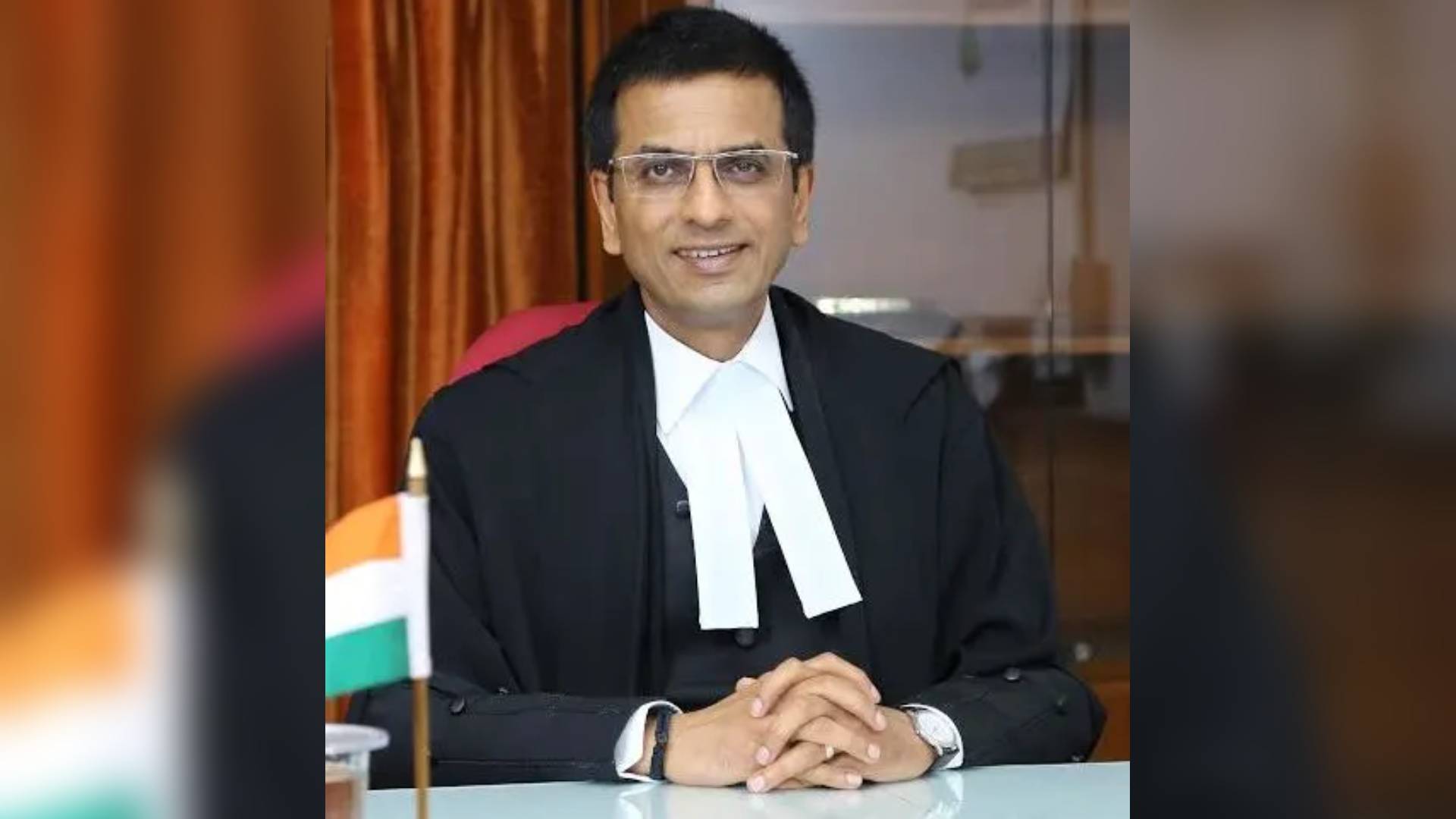Major Reforms in India's Criminal Justice System Enacted, Says Chief Justice
Chief Justice D Y Chandrachud praised the new criminal justice laws in India, calling them a significant change for the country. He emphasized the need for citizens to adopt these laws for their success. The laws aim to improve the legal framework for investigations, prosecutions, and victim protection. Key officials attended a conference to discuss the impact of these laws, which will be enforced starting July 1.

- Country:
- India
Hailing the enactment of the new criminal justice laws as a watershed moment for society, Chief Justice D Y Chandrachud on Saturday said India is set for a significant overhaul of its criminal justice system.
Speaking at a conference here on 'India's Progressive Path in the Administration of Criminal Justice System', he said the new laws would be successful if ''we as citizens adopt them''.
The newly enacted laws have transitioned India's legal framework on criminal justice into a new age, Chief Justice of India (CJI) Chandrachud said.
He also said that much-needed improvements have been introduced to protect the interests of victims and carry out investigation and prosecution of offences efficiently.
''The enactment of these laws by Parliament is a clear indication that India is changing and on the move, and needs new legal instruments to deal with the current challenges,'' the CJI said.
Union Law Minister Arjun Ram Meghwal, Attorney General R Venkataramani and Solicitor General Tushar Mehta were also present at the conference.
The newly enacted laws -- the Bharatiya Nyaya Sanhita, the Bharatiya Nagarik Suraksha Sanhita and the Bharatiya Sakshya Act -- to completely overhaul the country's criminal justice system will come into effect from July 1.
However, the provision related to cases of hit-and-run by vehicle drivers would not be implemented immediately.
The three laws got Parliament's approval on December 21 last year and President Droupadi Murmu gave her assent on December 25.
(This story has not been edited by Devdiscourse staff and is auto-generated from a syndicated feed.)
ALSO READ
Conservative Party wins Croatian parliamentary vote, seeks coalition partners
US senators criticize Indian government for wheat and rice subsidies; USTR hails improved market access in India
Defence Secretary hails India-US jet engine deal as game-changing
Defence Secretary Austin hails India-US jet engine deal as groundbreaking
Pakistan: PPP nominates Sherry Rehman as its parliamentary leader in Senate










